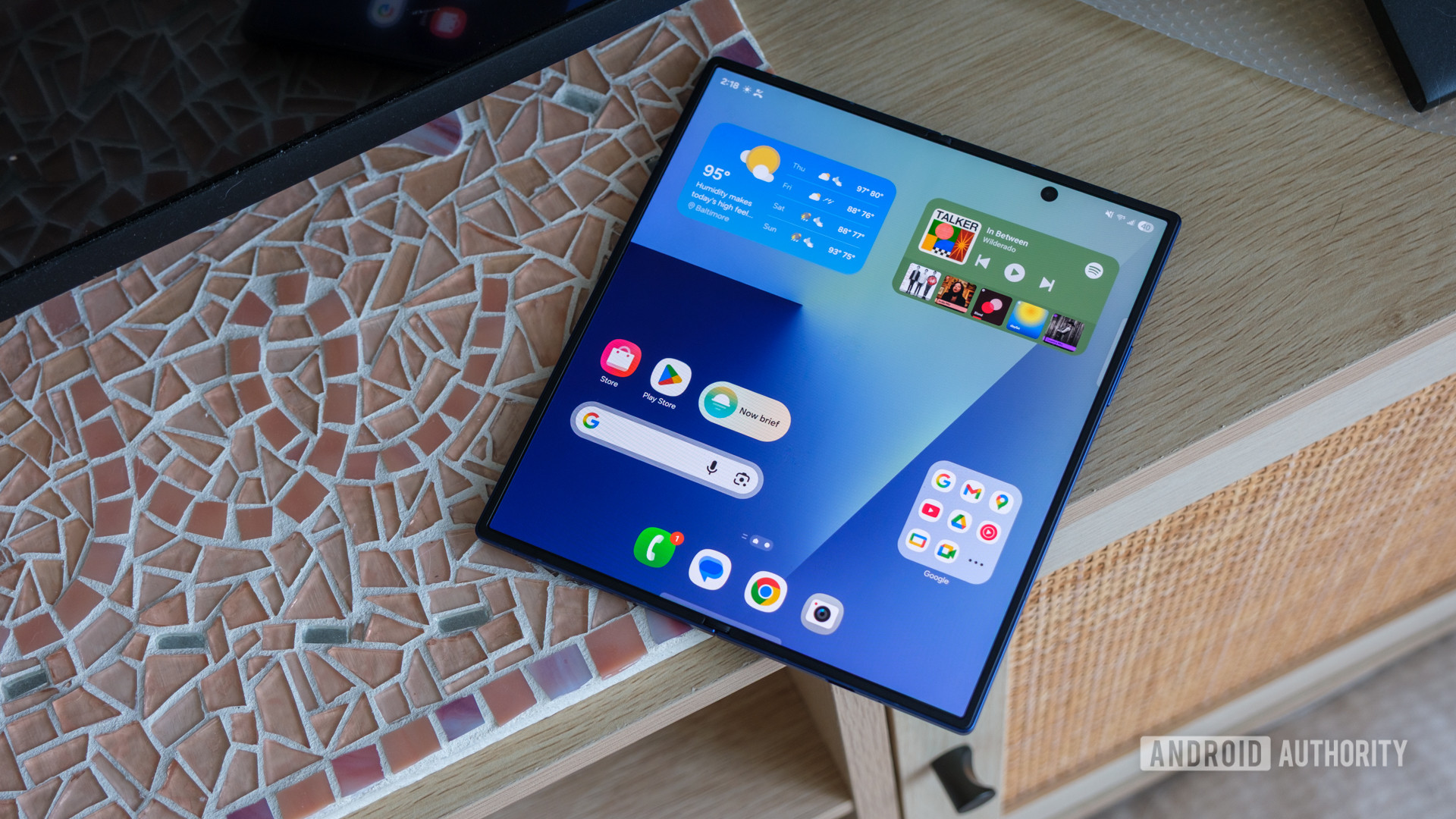iPhone and iPad
There's a reason iPhones and iPads are so popular. Get honest impressions and reviews right here.
Reviews
Versus
Features
Guides
How-to's
All the latest
iPhone and iPad news
Samsung Galaxy S26 Ultra vs iPhone 17 Pro Max: I didn’t expect this winner
Karandeep SinghFebruary 26, 2026
0
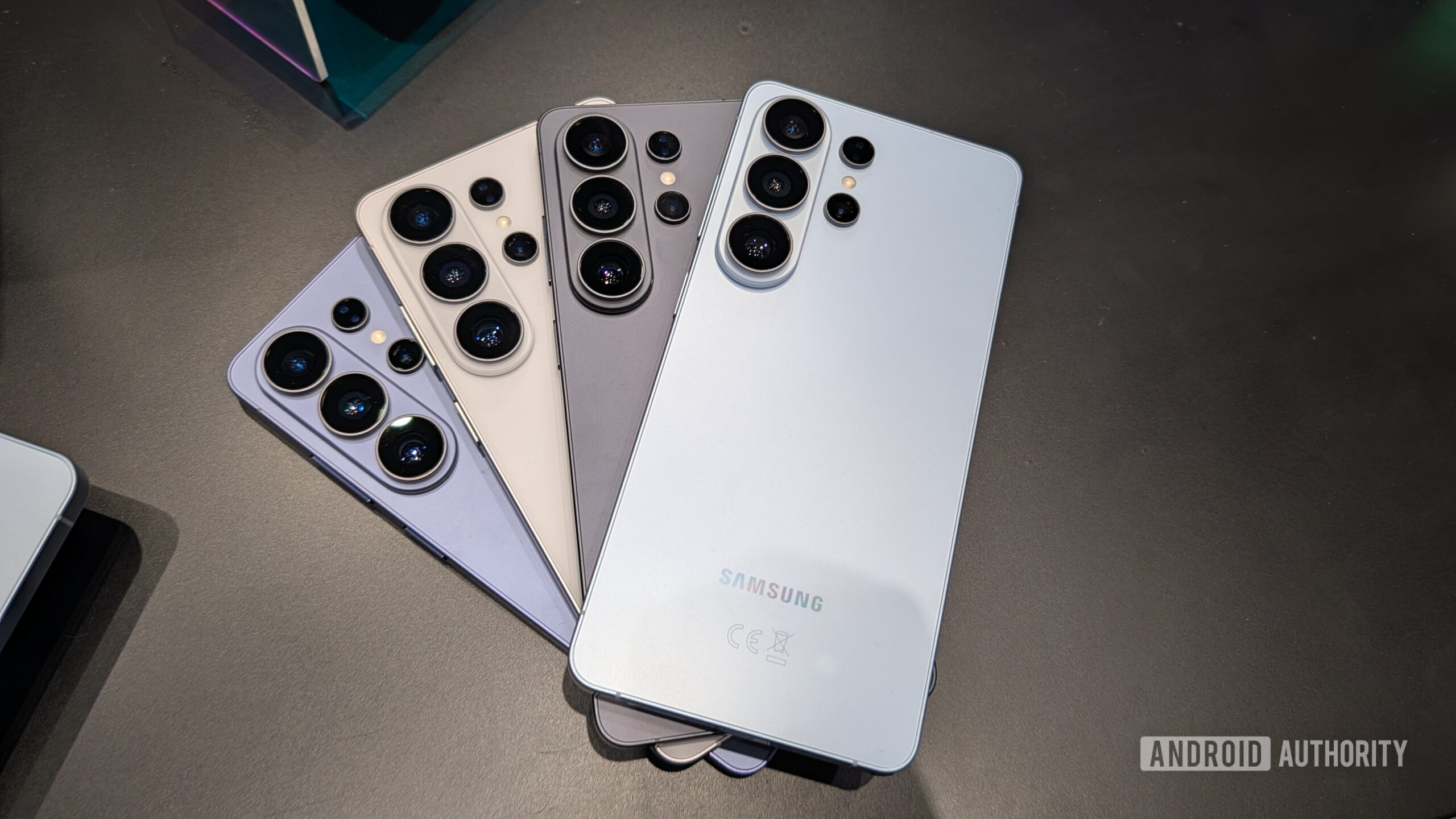
Android apps keep using Apple's Liquid Glass design, and it's killing me
Stephen HeadrickFebruary 22, 2026
0

Samsung and Apple's "wide" Folds prove that the Pixel Fold was visionary
Rita El KhouryFebruary 18, 2026
0
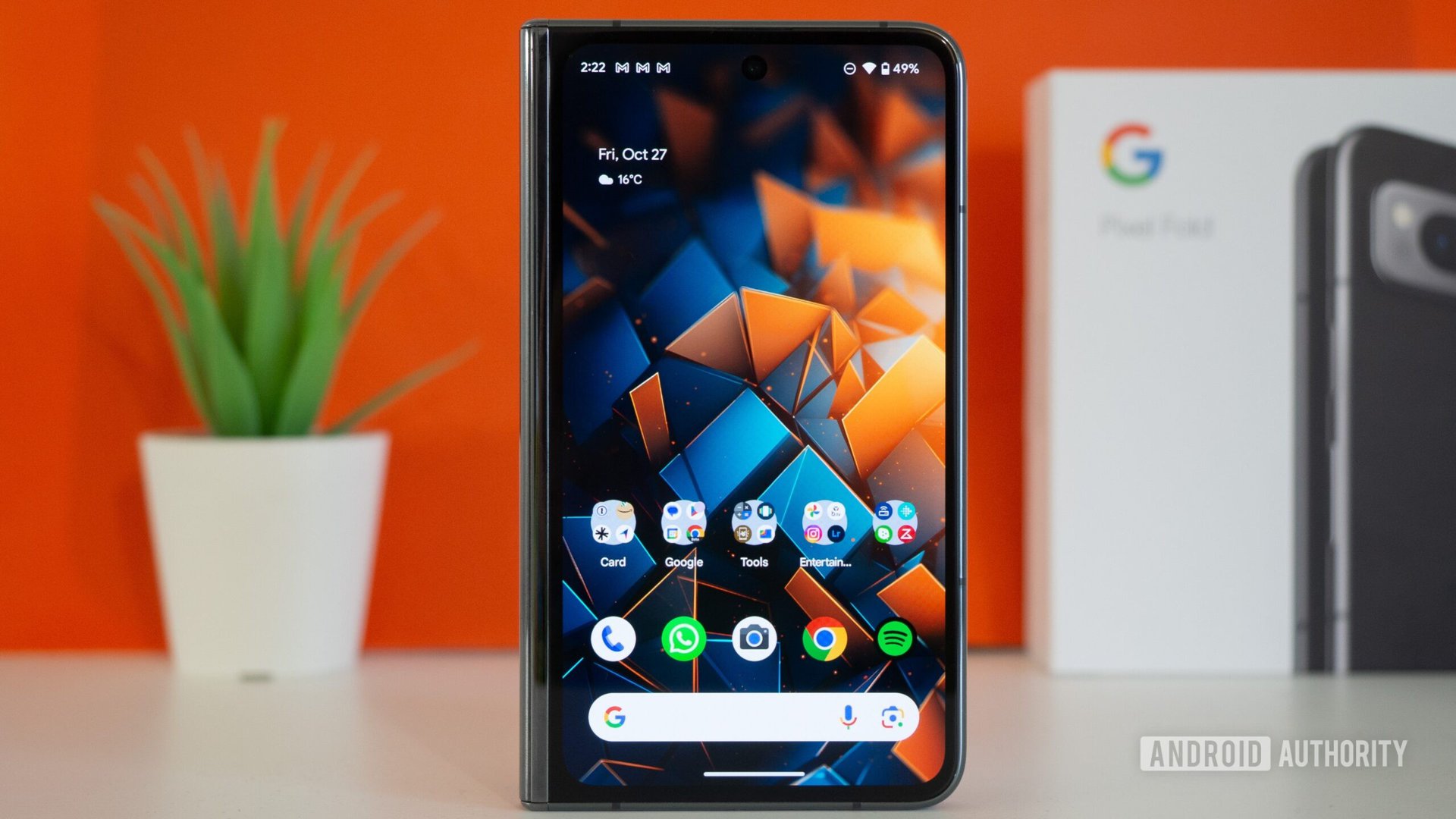
I ditched Google Docs for this app, and I don't regret it
Stephen HeadrickFebruary 14, 2026
0
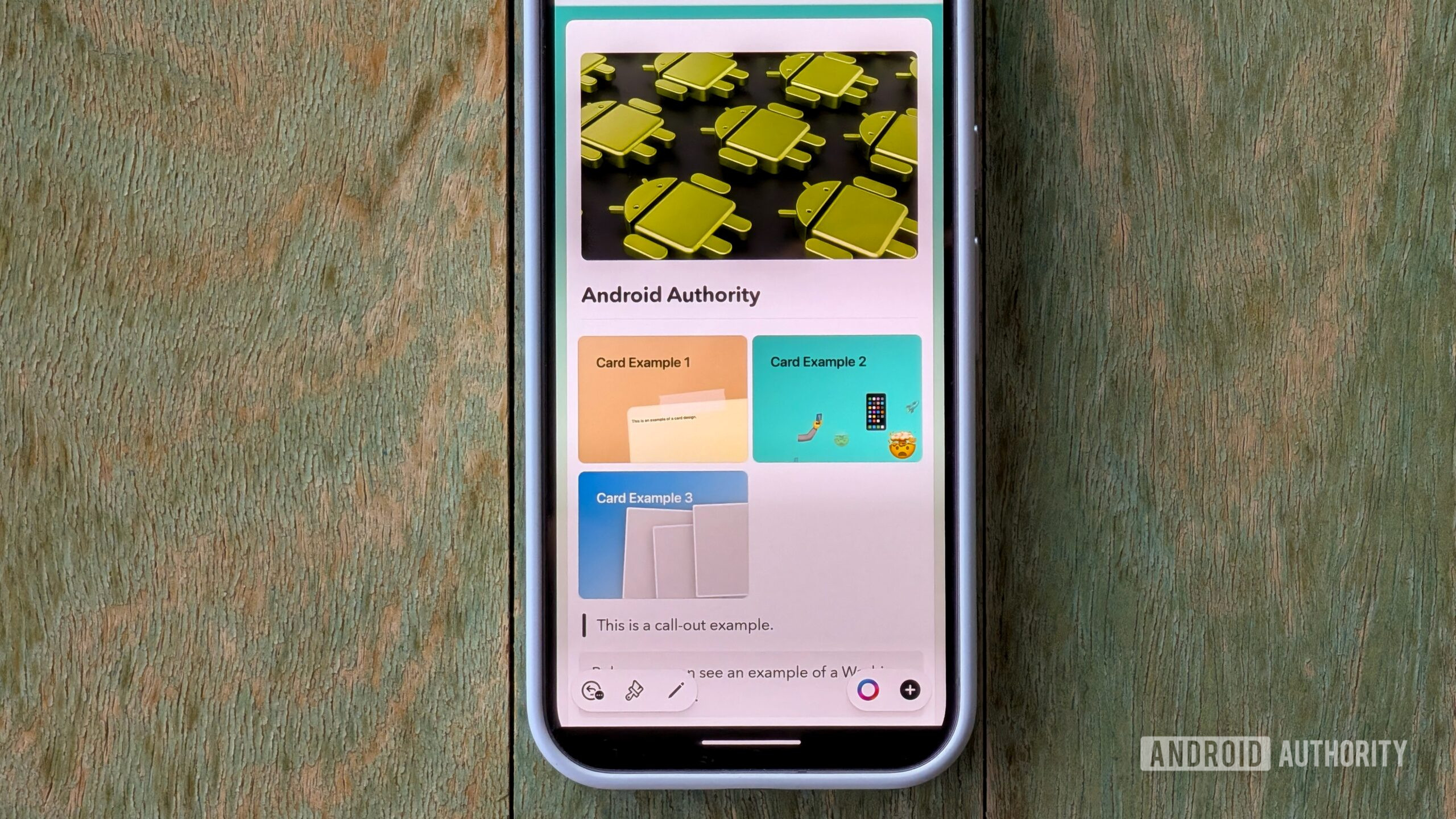
I finally found an Android phone that beats the iPhone 17 Pro in video recording
Tushar MehtaFebruary 8, 2026
0
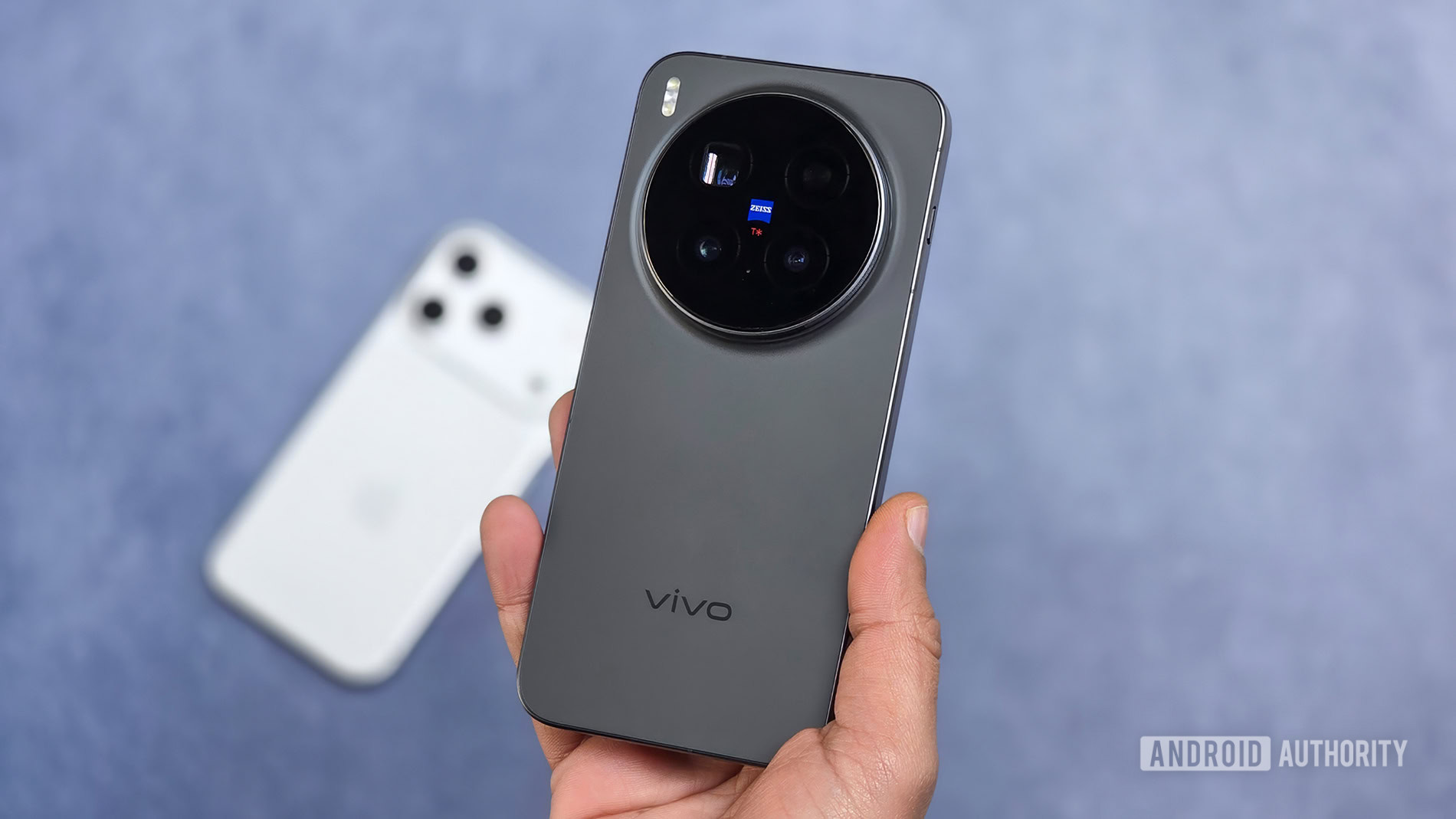
Siri is getting Gemini superpowers, and that could be awful for Android
Karandeep SinghJanuary 26, 2026
0
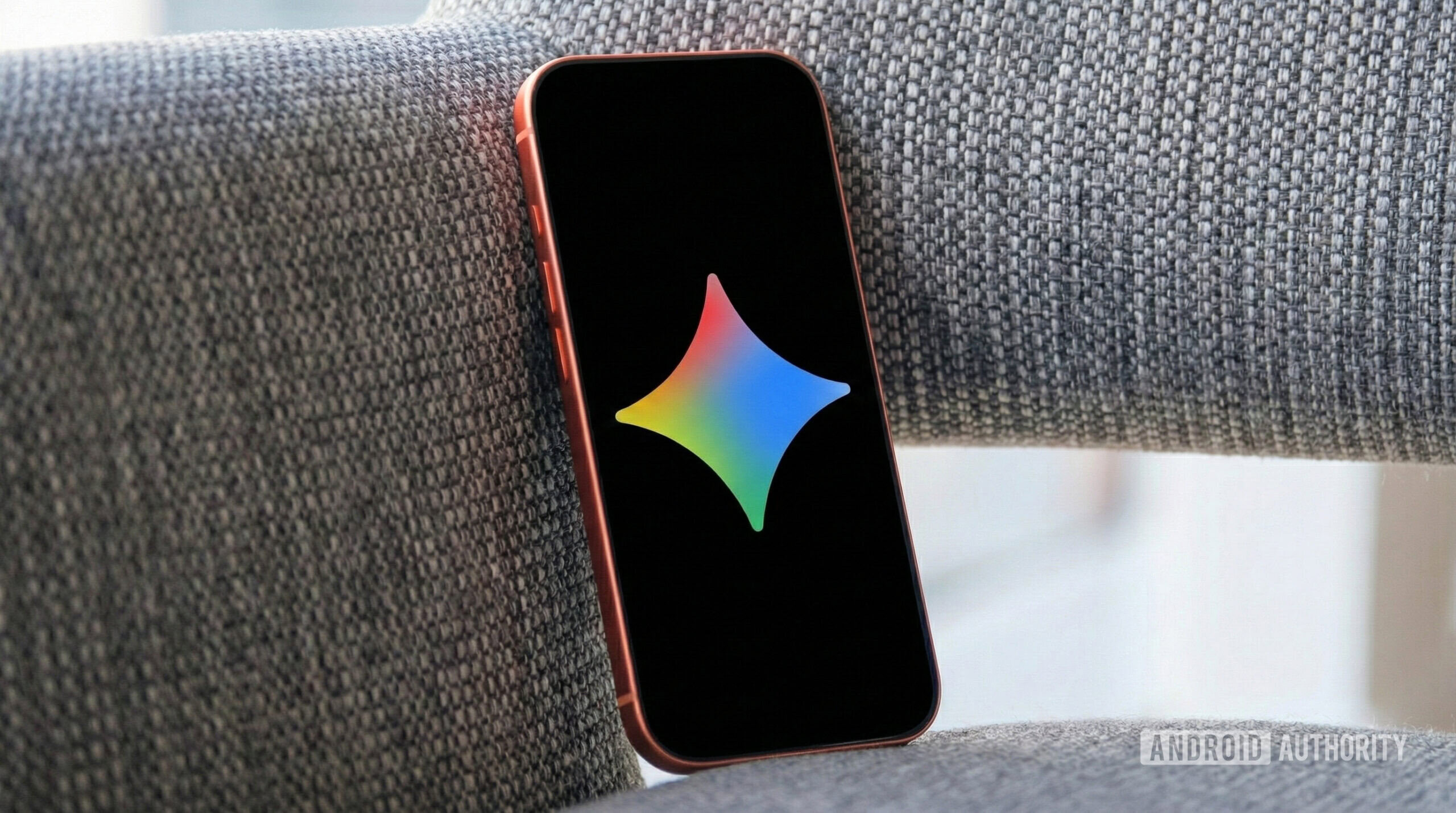
The iPhone 18 Pro is already putting 2026 Android phones to shame
Joe MaringJanuary 21, 2026
0

7 ways to fix "mobile network not available" errors
Roger FingasDecember 29, 2025
0
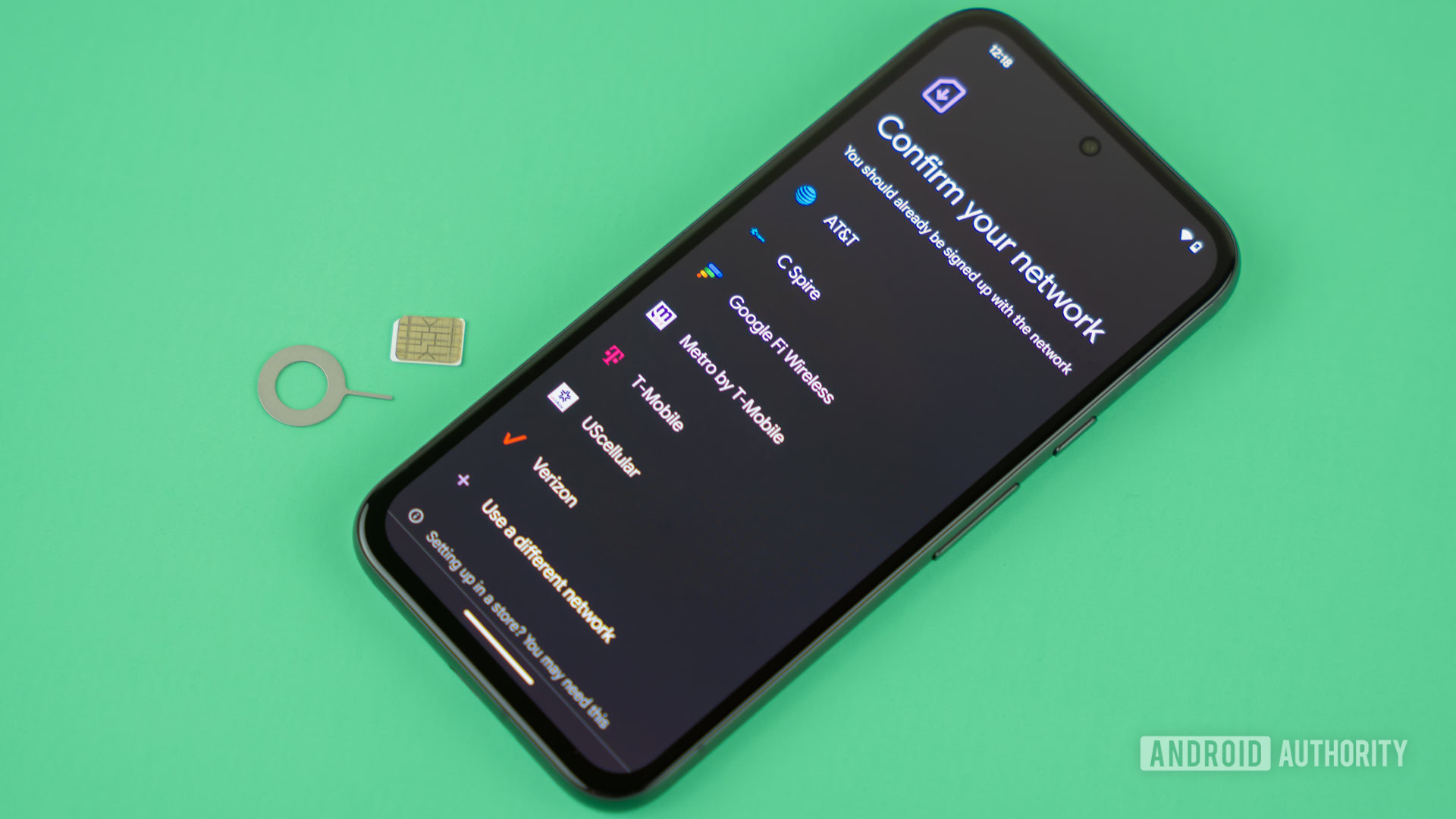
Here's why Google and Apple don't make their own phones
Mitja RutnikDecember 28, 2025
0
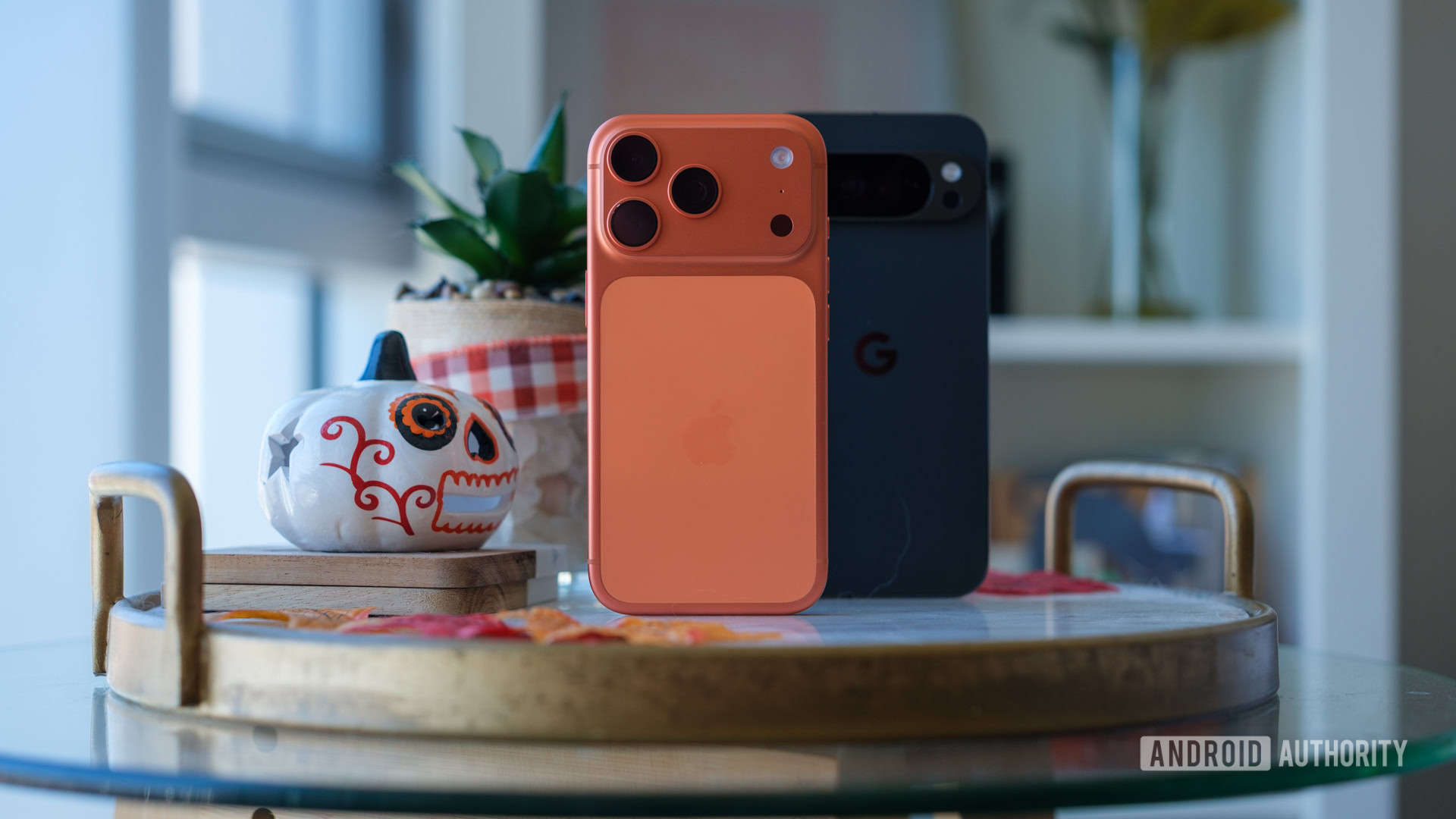
Pixels and iPhones have plenty in common, and a lot of you don't know about it
Tushar MehtaDecember 23, 2025
0
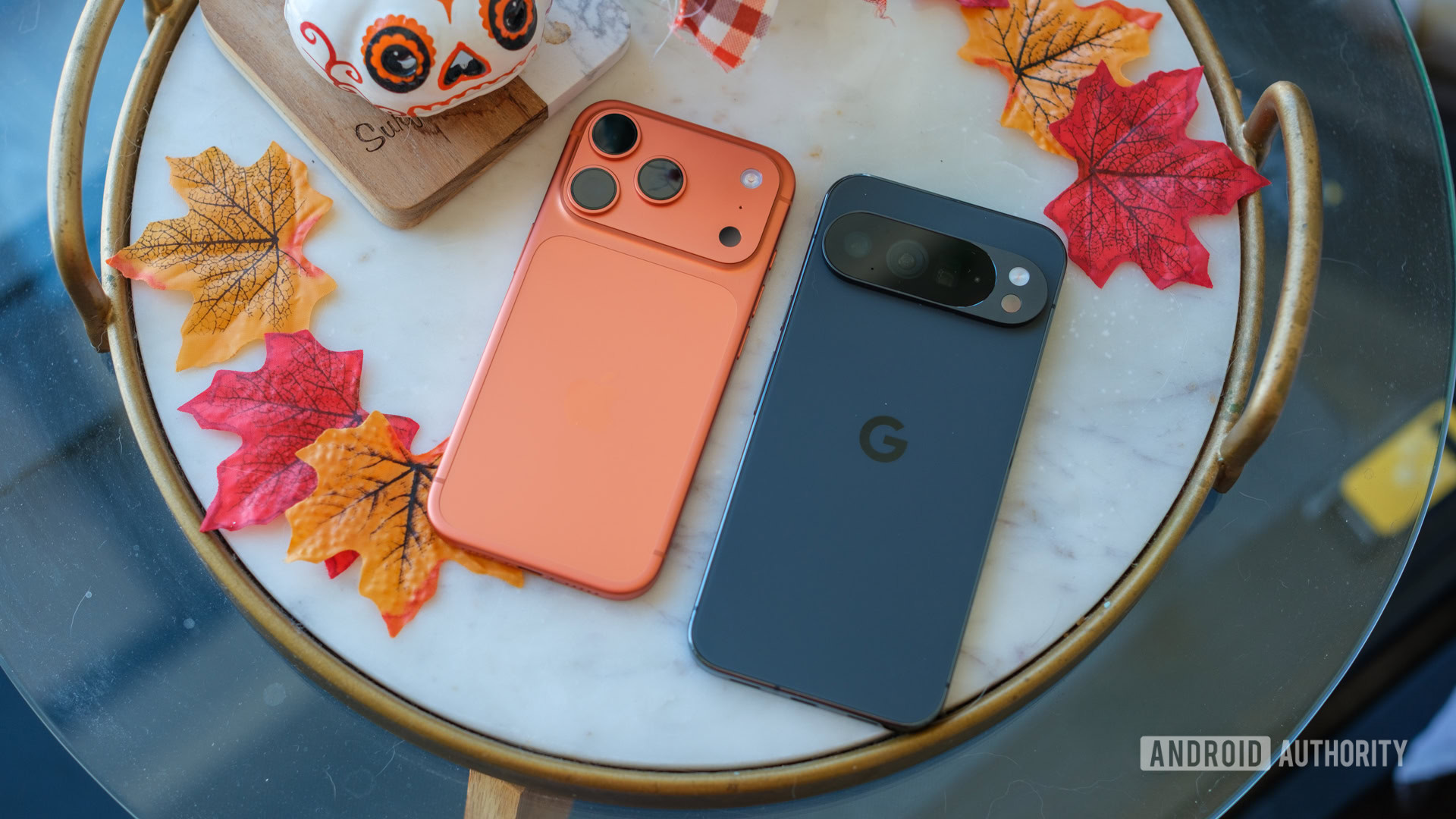
Apple's latest iPad Air might just make you think twice about an Android tablet
Aamir SiddiquiMarch 2, 2026
0
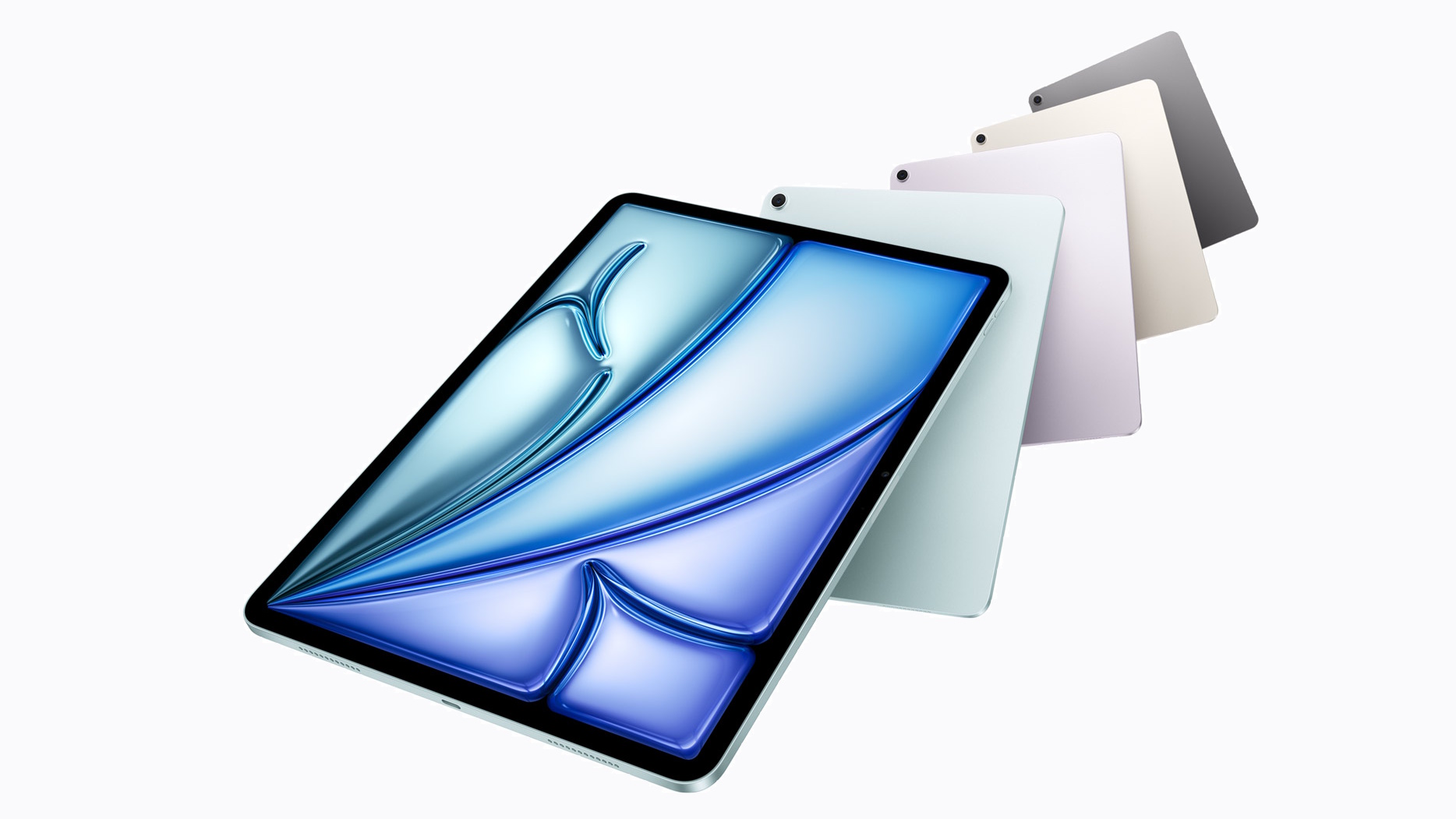
Apple’s iPhone 17e targets the Pixel 10a with a massive storage and power boost
Aamir SiddiquiMarch 2, 2026
0
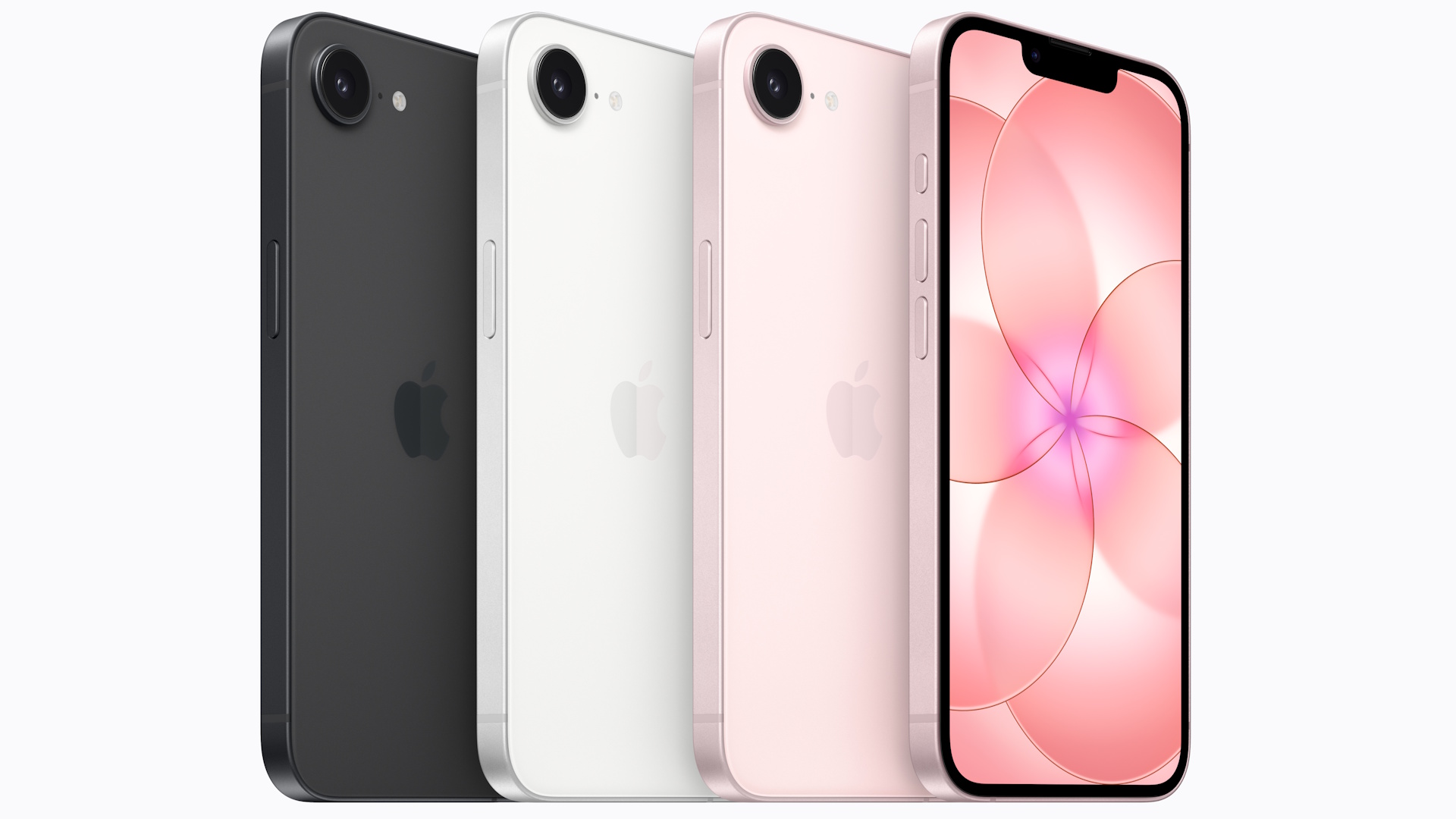
Apple's first foldable iPhone might set a new standard for display creases
Taylor KernsFebruary 25, 2026
0
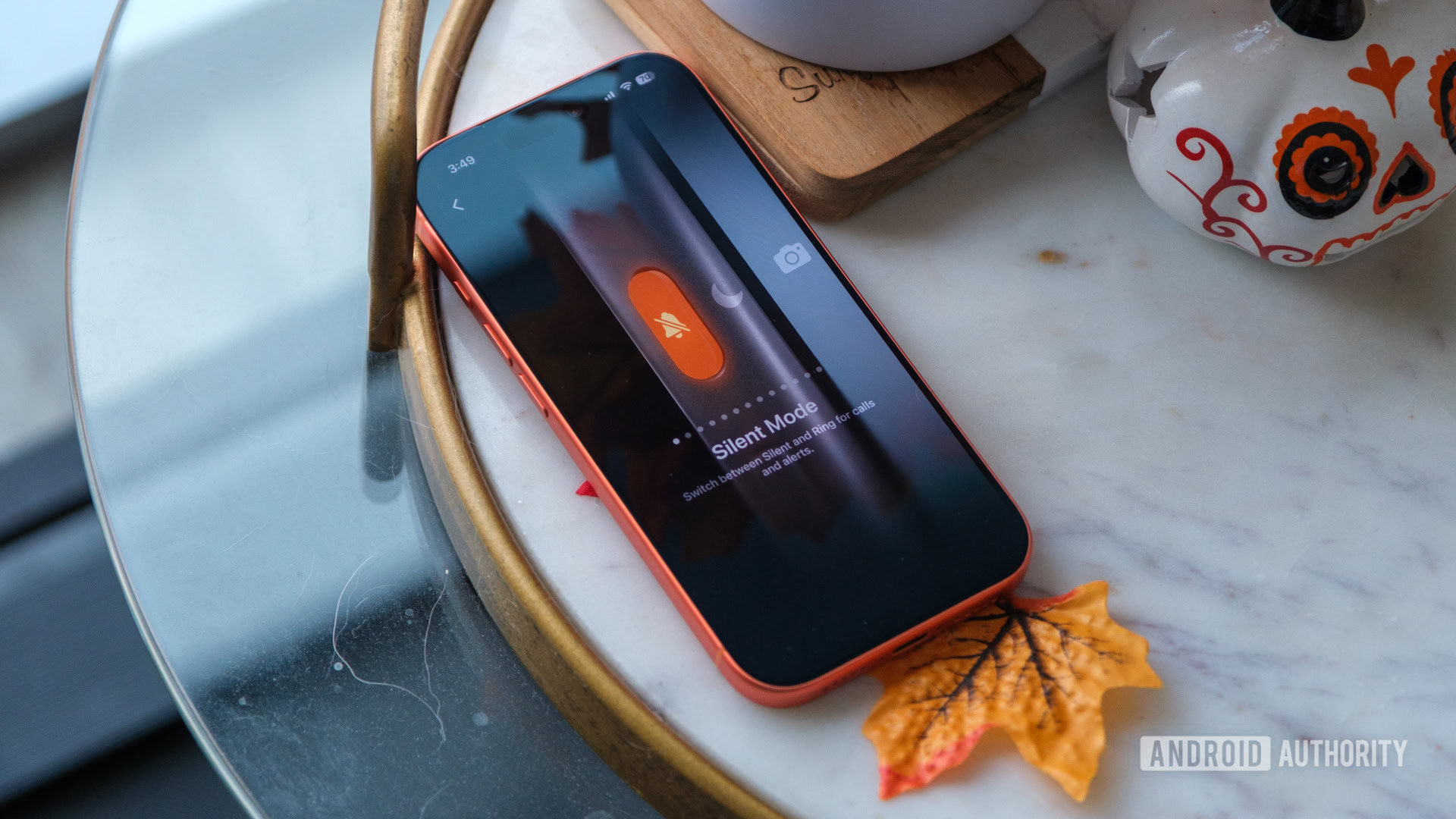
Looks like Apple CarPlay just beat Android Auto to bring a highly-demanded feature
Tushar MehtaFebruary 19, 2026
0
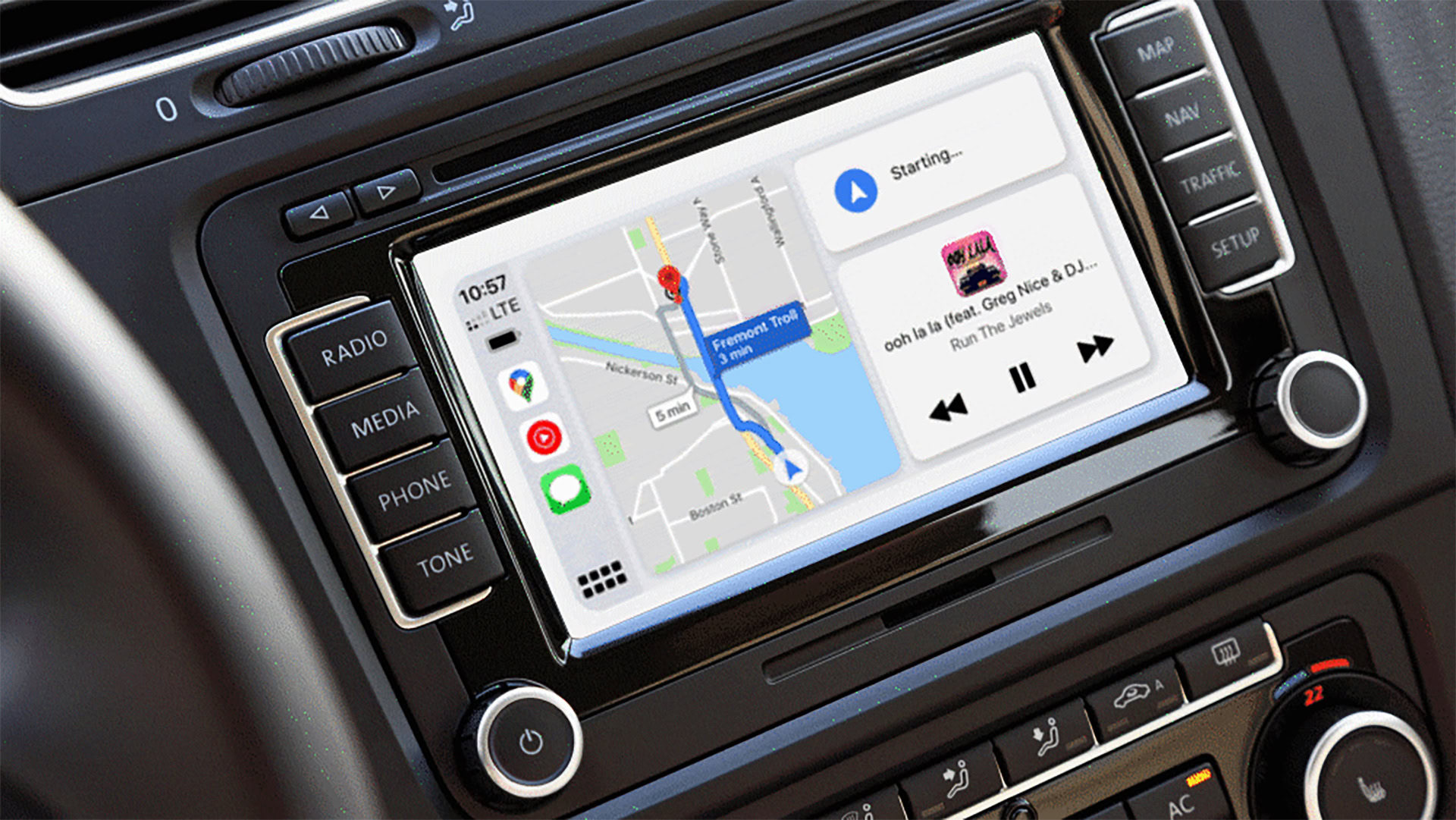
Apple might end up borrowing Samsung's whole foldable strategy
Taylor KernsFebruary 13, 2026
0
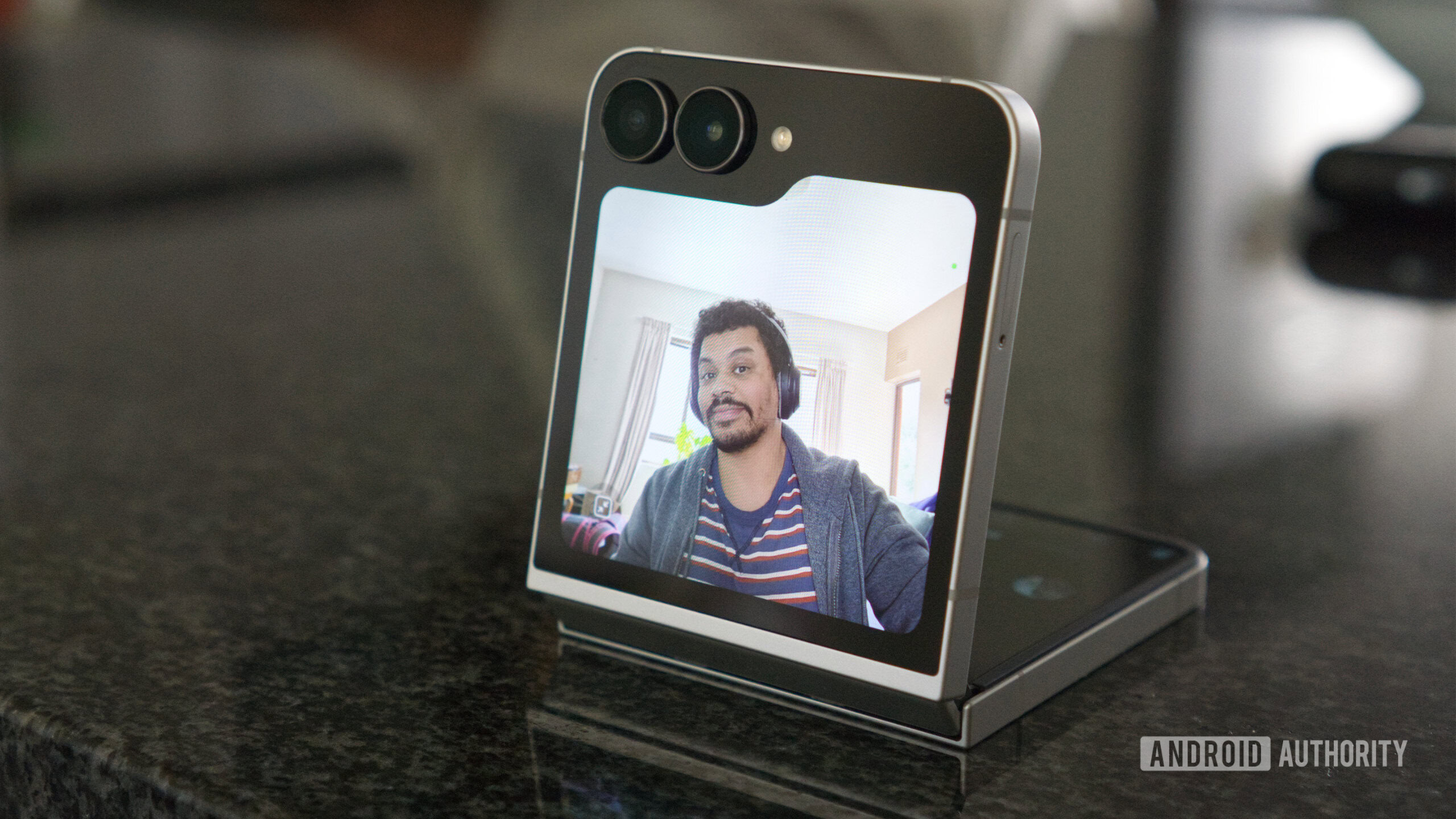
iPhone 17e renders are here, and they might make you rethink that Pixel 10a pre-order
Aamir SiddiquiFebruary 13, 2026
0
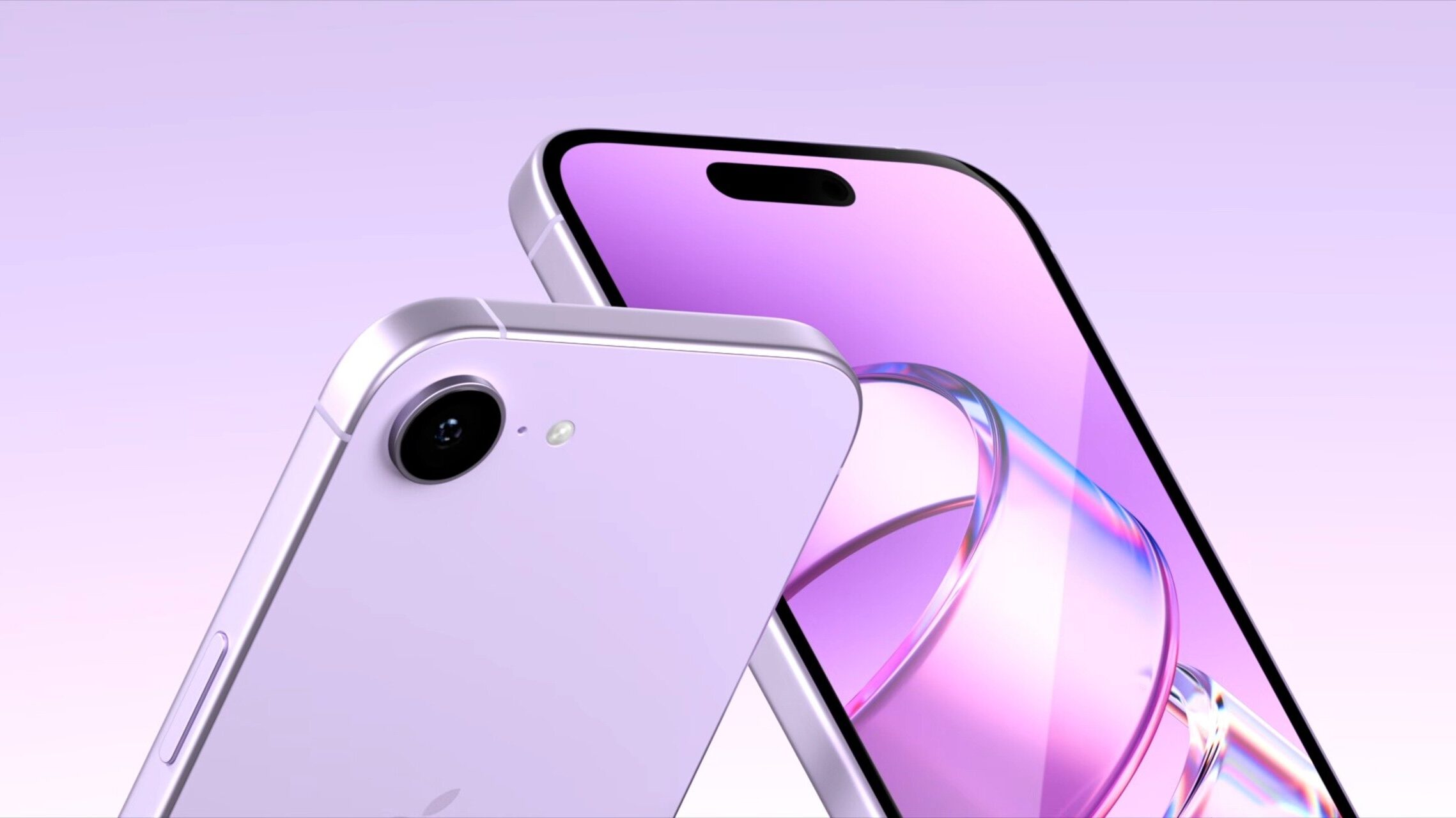
From price to specs, here's what we know about the Pixel 10a's biggest rival
Hadlee SimonsFebruary 9, 2026
0
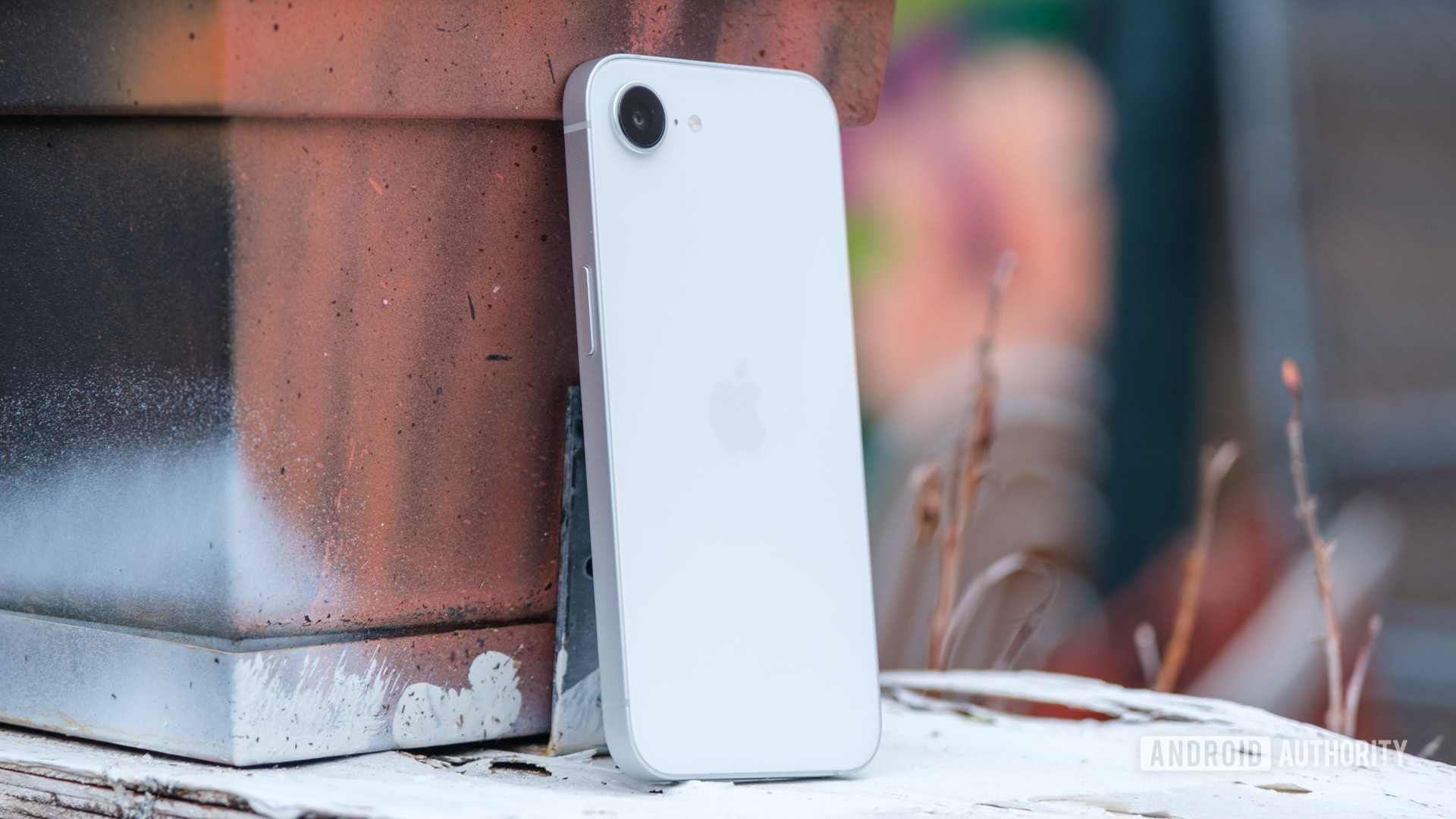
This iPhone 18 Pro Max leak already leaves the Galaxy S26 Ultra in the dust
Tushar MehtaFebruary 6, 2026
0
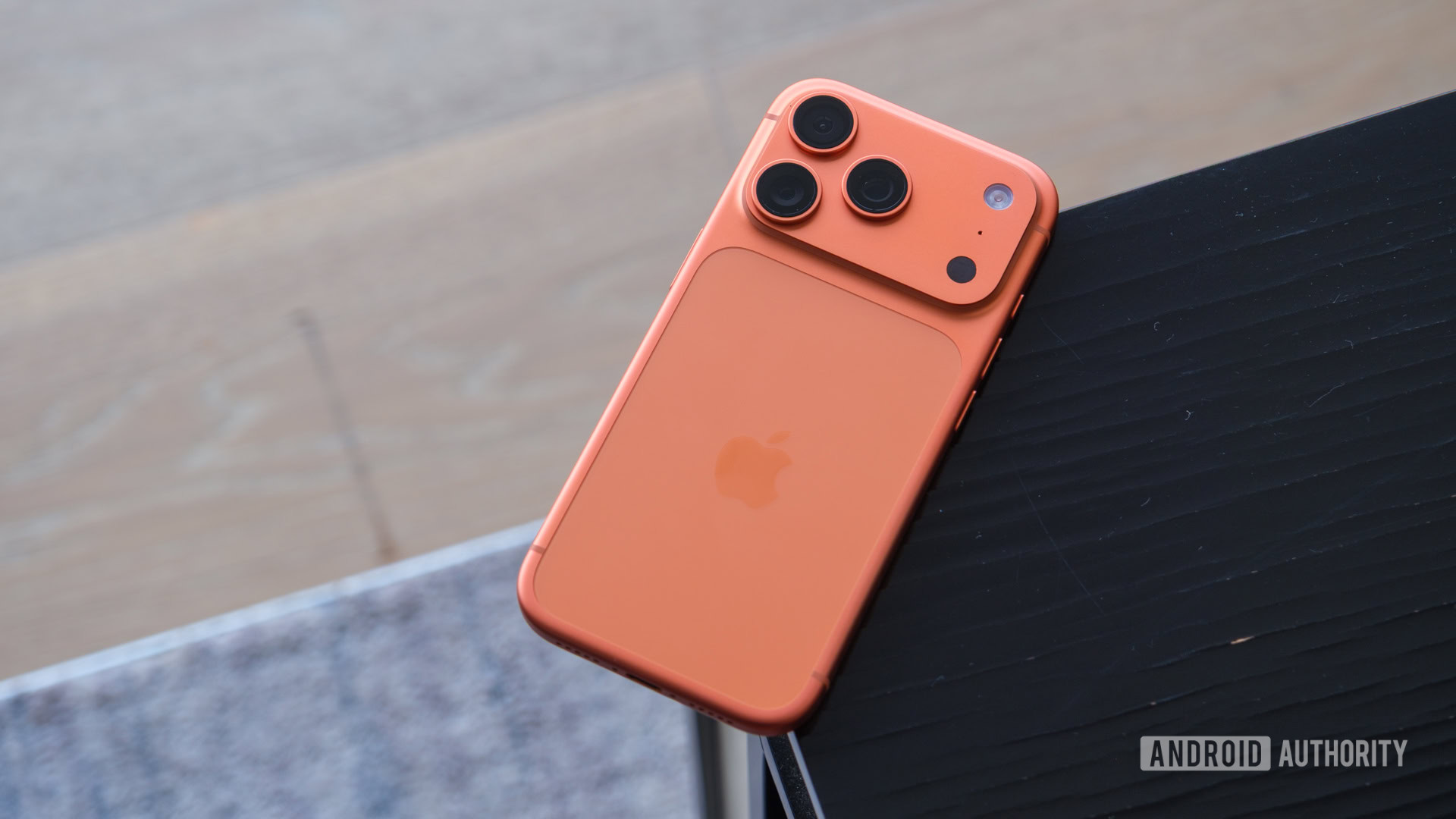
Google just confirmed what Android fans have been praying to hear about AirDrop sharing
Adamya SharmaFebruary 5, 2026
0
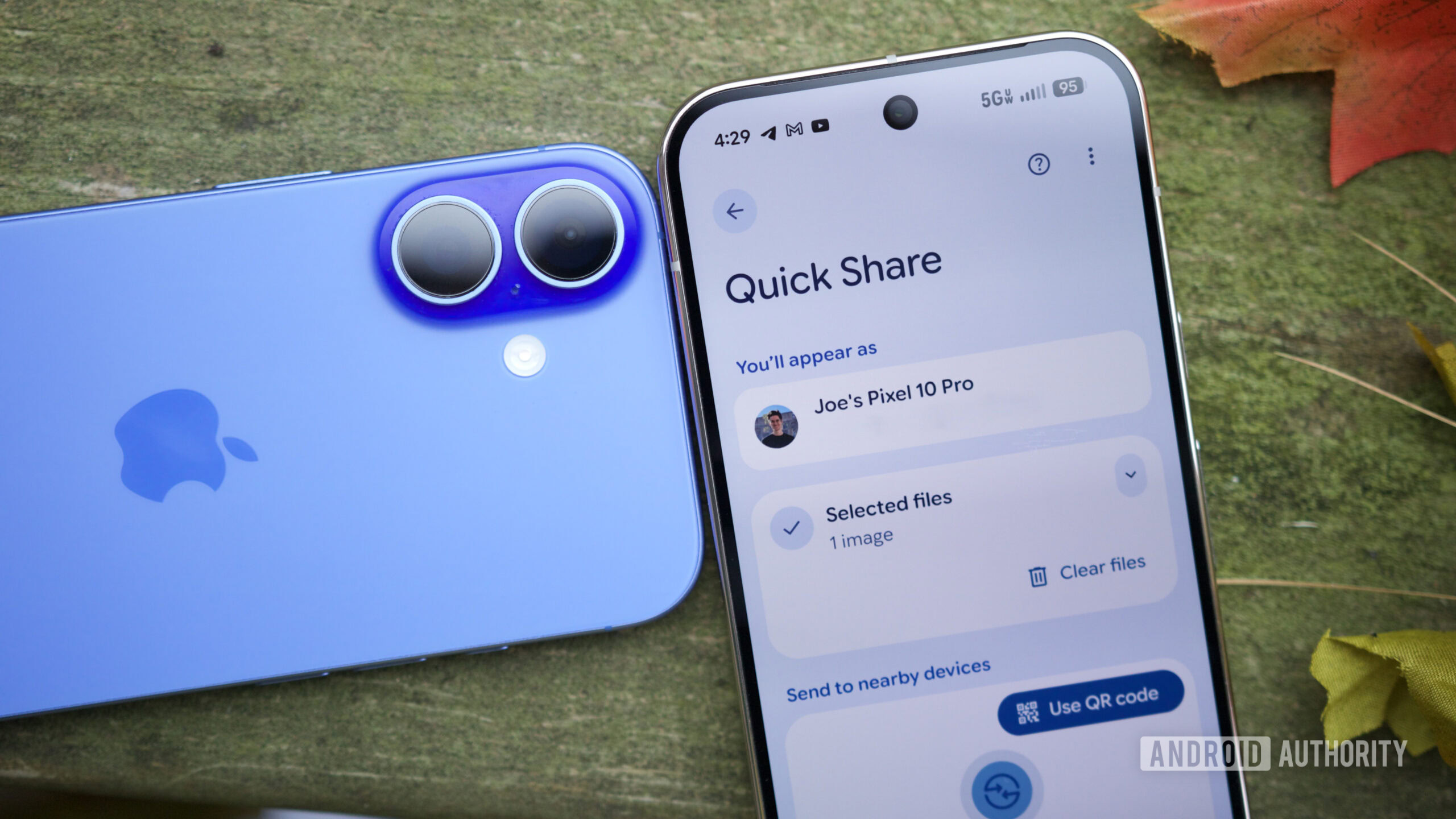
The iPhone Fold could embarrass the Galaxy Z Fold 7 in one key area
Hadlee SimonsFebruary 2, 2026
0
